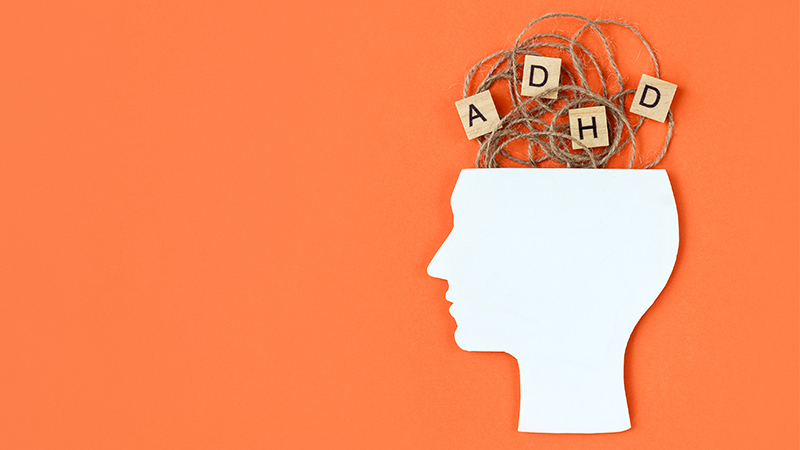When it comes to Attention Deficit Hyperactivity Disorder (ADHD), you probably picture overactive children who can’t concentrate in class. But, the truth is, those kids grow up, often undiagnosed, only to continue struggling with the same inattention problems in their professional and personal lives. Here, DR ZHENG ZHIMIN, consultant psychiatrist at Nobel Psychological Wellness Centre, tells us more about ADHD in adults, how ADHD is diagnosed in Singapore and things you can do if you’re suffering from inattention, impulsivity and other ADHD symptoms.
What exactly is ADHD?
It’s a neurodevelopmental disorder that manifests with symptoms associated with hyperactivity, inattention and impulsivity. The disorder occurs at birth, affecting people during childhood and often into adulthood. The symptoms can cause difficulties in daily functioning and living.
While studies have shown genetic factors to be a major contributor to the onset of ADHD, there may be other factors at play too. These include premature birth, brain injury and exposure to toxins during pregnancy.

How do ADHD symptoms differ for adults?
ADHD symptoms tend to reduce in severity in adulthood, especially those related to hyperactivity. However, adults suffering from ADHD can continue to experience challenges with inattention and impulsivity.
Many adults with ADHD may not realise their symptoms during childhood. Instead, they may develop awareness later in life when they continue to face persistent challenges. Disorganisation, poor time management and procrastination are common ADHD symptoms that pose difficulties in carrying out everyday tasks. Individuals with adult ADHD may also face problems in interpersonal relationships. This is usually a result of difficulties with emotional regulation and low frustration tolerance.
Does ADHD in adults need to be treated?
If untreated, ADHD in adults can have a long-lasting, negative impact on self-esteem and social functioning. Individuals with ADHD symptoms are often labelled as “defiant” or “scatterbrained” very early on. They may even be ostracised by others for their behavioural and learning difficulties. Adult ADHD sufferers often feel misunderstood, experience a poor sense of self-worth, and struggle with the demands of career and social interactions.
What’s more, individuals who experience significant impairment in functioning due to symptoms of ADHD may also develop anxiety and depressive disorders. There is also research that links ADHD in adults to increased rates of substance and alcohol misuse.
Treating ADHD can help control clinical symptoms. This could ultimately translate to higher levels of daily functioning, improved self-confidence and better quality of life.
In children, behavioural interventions and parent training are usually the mainstay treatment options. However, treatment options for adults typically include medication, psychological treatment or a combination of both. Medication for ADHD is closely supervised by the prescribing physician and is only prescribed for individuals who have been clinically diagnosed with the condition.

How is ADHD diagnosed here in Singapore?
For an ADHD diagnosis in Singapore, a detailed psychiatric interview is required to gather information associated with symptoms under the three domains of hyperactivity, impulsivity and inattention. In adults, a childhood history is key to confirming the onset of symptoms before the age of 12. This type of information can be obtained through school report books and corroborative history from caregivers.
What’s more, the impairment must occur in more than one daily-life setting – for example, school and home, or work and home – for ADHD diagnosis to be confirmed.
Nobel Psychological Wellness Centre
• #09-35 Novena Medical Centre, 10 Sinaran Drive 6397 2993
• 452 Ang Mo Kio Avenue 10, #01-1773 | 6459 2630
nobelmedicalgroup.com/nobel-psychologicalwellness-centre
This article first appeared in the October 2022 edition of Expat Living. You can purchase the latest issue or subscribe, so you never miss a copy!



